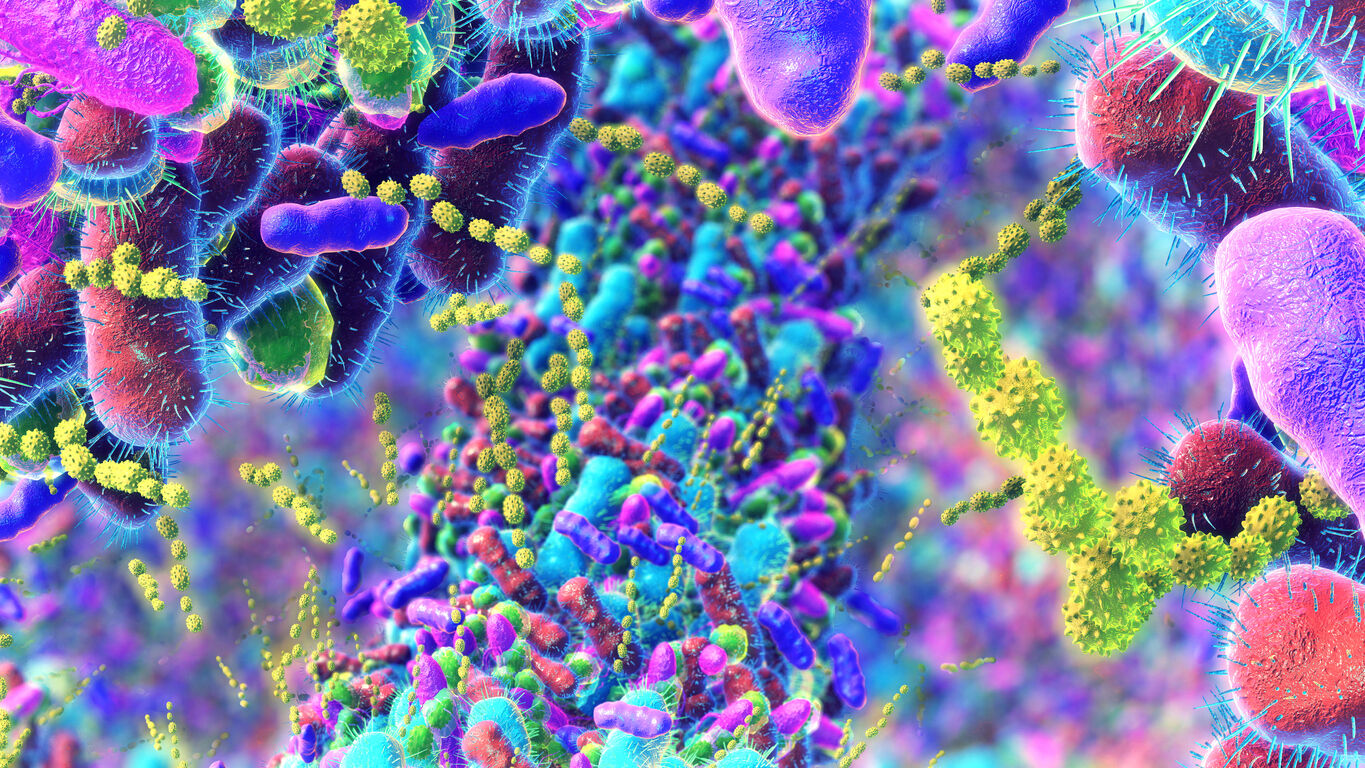When we talk about fertility, the focus is usually on egg quality, hormones, and sperm health. But there’s another crucial piece of the puzzle that often goes unnoticed — the uterine environment.
Even when everything looks “normal” on paper, if the uterus isn’t an inviting place for an embryo to implant and grow, it can make conception more difficult and even increase the risk of early pregnancy loss.
One emerging area of research is highlighting a powerful new factor: the uterine microbiome.
What is the Uterine Microbiome?
The uterine microbiome is the community of bacteria living inside the womb. Ideally, this environment is dominated by beneficial bacteria, especially Lactobacillus, which help to maintain balance and protect against harmful microbes.
However, if the microbiome becomes unbalanced (a state known as dysbiosis), certain bacteria can cause inflammation or interfere with implantation. Some common disruptors include: Ureaplasma, Mycoplasma, Group B Streptococcus and Bacterial vaginosis (BV).
These issues can affect:
✅ Implantation success
✅ IVF outcomes
✅ Risk of miscarriage
✅ General fertility
How Does Uterine Microbiome Testing Work?
Microbiome testing is carried out using Next-Generation Sequencing (NGS) — a cutting-edge tool that provides a detailed breakdown of the microbes in your uterus or vagina.
Since there’s significant overlap between the vaginal** and uterine microbiomes (because bacteria can travel upwards), your test might involve one or both areas: Vaginal microbiome testing is often recommended for people struggling to conceive. Uterine microbiome testing is particularly useful for IVF patients or those with recurrent miscarriage. This test helps us look beyond standard swabs and identify hidden imbalances.
What Does the Research Say?
Tommy’s, a leading miscarriage research charity, is now recommending microbiome testing for women with recurrent miscarriage.
Their research shows that low levels of Lactobacillus are strongly linked to an increased risk of miscarriage. The good news? When this balance is corrected, outcomes often improve.
➡️ Read more on Tommy’s website here.
Benefits of Microbiome Testing
With testing and treatment, we can:
🧬 Identify harmful or inflammatory bacteria
🦠 Rebalance your microbiome to favour Lactobacillus
💊 Recommend targeted antibiotics, probiotics, herbs, or dietary changes
🌱 Create a more supportive environment for implantation and pregnancy
Is This Test Right for You?
If you’ve been trying to conceive or have experienced early losses with no clear explanation, microbiome testing may offer the clarity you’ve been missing.
As a qualified fertility acupuncturist, I can help you decide whether microbiome testing is right for you, and support you through the next steps — from testing to treatment and beyond.
To book a free 15-minute discovery call or skip straight to a consultation click here.
